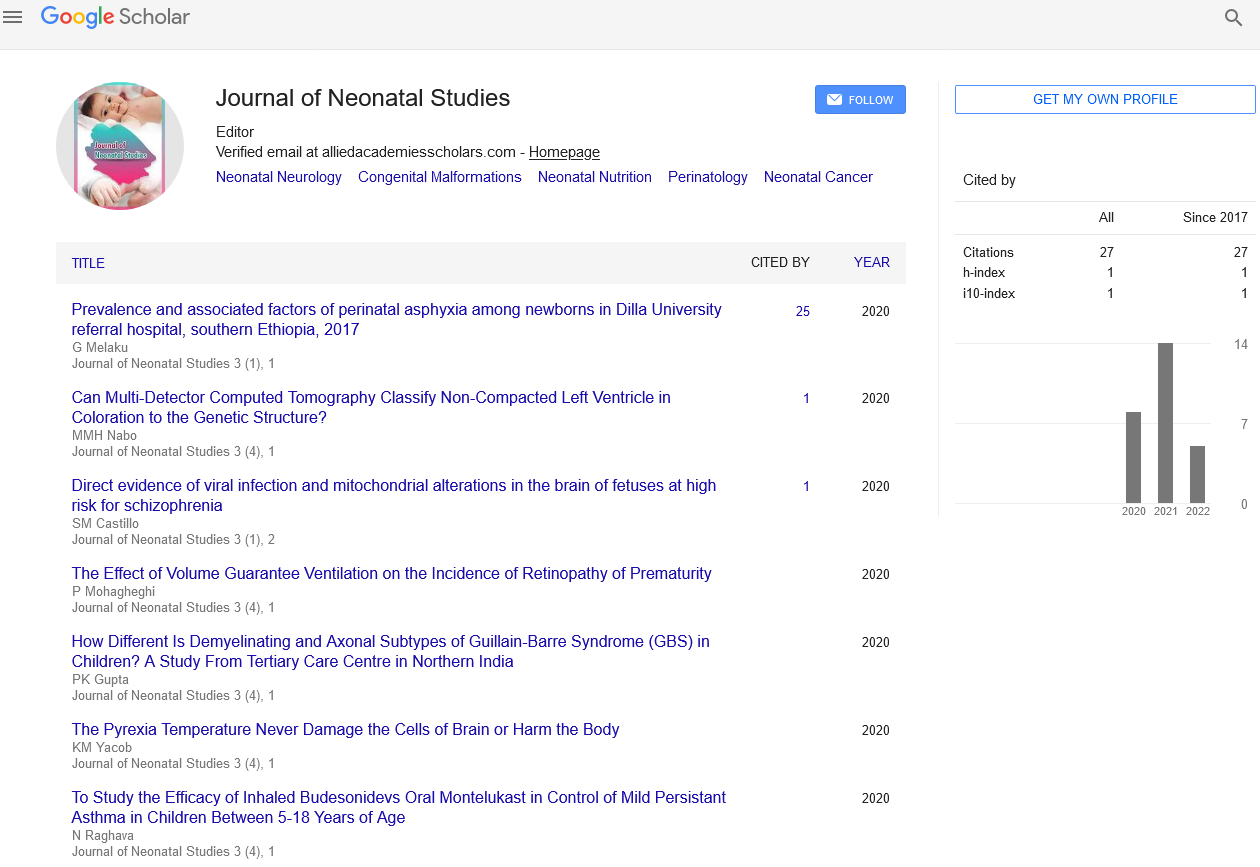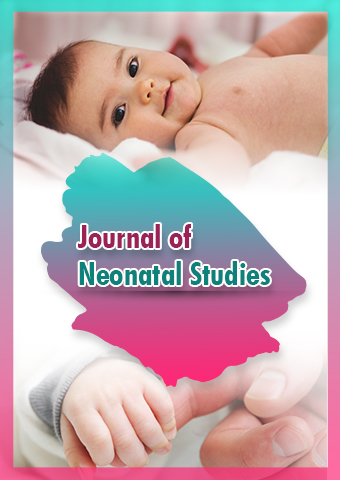Perspective - Journal of Neonatal Studies (2024) Volume 7, Issue 6
Rwandan National Neonatal Protocol: Ensuring Quality Care for Newborns
- Corresponding Author:
- Zhang Huang
Department of Social Science, Xiamen University, China
E-mail: zhanghuang@xmu.edu.cn
Received: 04-Nov-2024, Manuscript No. JNS-24-150546; Editor assigned: 06-Nov-2024, PreQC No. JNS-24-150546 (PQ); Reviewed: 20-Nov-2024, QC No. JNS-24-150546; Revised: 24-Dec-2024, Manuscript No. JNS-24-150546 (R); Published: 31-Dec-2024, DOI: 10.37532/JNS.2024.7(6).310-311
Introduction
The Rwandan National Neonatal Protocol was developed by the Ministry of Health (MOH) to address the high rates of neonatal mortality and morbidity in the country. The protocol provides a standardized approach to neonatal care, ensuring that all healthcare providers follow the same guidelines and best practices.
Description
Objectives
The primary objectives of the Rwandan National Neonatal Protocol are:
Reduce neonatal mortality: By implementing evidence-based practices, the protocol aims to decrease the number of neonatal deaths.
Improve neonatal health outcomes: Ensuring that all newborns receive high-quality care to promote healthy development.
Standardize neonatal care: Providing a consistent approach to neonatal care across all healthcare facilities in Rwanda.
Enhance healthcare provider training: Equipping healthcare providers with the knowledge and skills needed to deliver effective neonatal care.
Key components
Initial assessment and resuscitation: The protocol emphasizes the importance of a thorough initial assessment of newborns. This includes checking vital signs, assessing the baby’s overall condition, and providing immediate resuscitation if necessary. The use of the APGAR score is recommended to evaluate the baby’s health status.
Thermoregulation: Maintaining the baby’s body temperature is crucial for preventing hypothermia, which can lead to serious complications. The protocol outlines the use of skin-toskin contact, thermal blankets, and incubators to keep newborns warm.
Feeding and nutrition: Proper feeding and nutrition are essential for the growth and development of newborns. The protocol provides guidelines on breastfeeding, formula feeding, and the management of feeding difficulties.
Infection prevention and control: Infection control measures are critical to protect newborns from infections. The protocol includes guidelines on hand hygiene, the use of sterile equipment, and the management of infections such as sepsis and meningitis.
Management of common neonatal conditions: The protocol addresses the management of common neonatal conditions such as respiratory distress syndrome, jaundice, and hypoglycemia. It provides specific treatment guidelines for each condition to ensure effective care.
Specialized care for high-risk newborns: High-risk newborns, such as those born preterm or with congenital anomalies, require specialized care. The protocol outlines the necessary interventions and monitoring for these infants to improve their outcomes.
Discharge planning and follow-up care: Discharge planning is an essential part of the protocol to ensure that parents are prepared to care for their newborns at home. The protocol includes guidelines on educating parents, scheduling follow-up visits, and providing support services.
Implementation and training
To ensure the successful implementation of the Rwandan National Neonatal Protocol, the MOH has developed training programs for healthcare providers. These programs cover the key components of the protocol and provide hands-on practice to enhance skills and knowledge.
Monitoring and evaluation
Regular monitoring and evaluation are essential to assess the effectiveness of the protocol. The MOH conducts audits and reviews to identify areas for improvement and ensure that the protocol is being followed correctly.
Conclusion
The Rwandan National Neonatal Protocol is a vital tool in improving neonatal care in Rwanda. By standardizing care practices and providing comprehensive guidelines, the protocol aims to reduce neonatal mortality and enhance the health outcomes of newborns. Ongoing training, monitoring, and evaluation are crucial to the success of this initiative.

